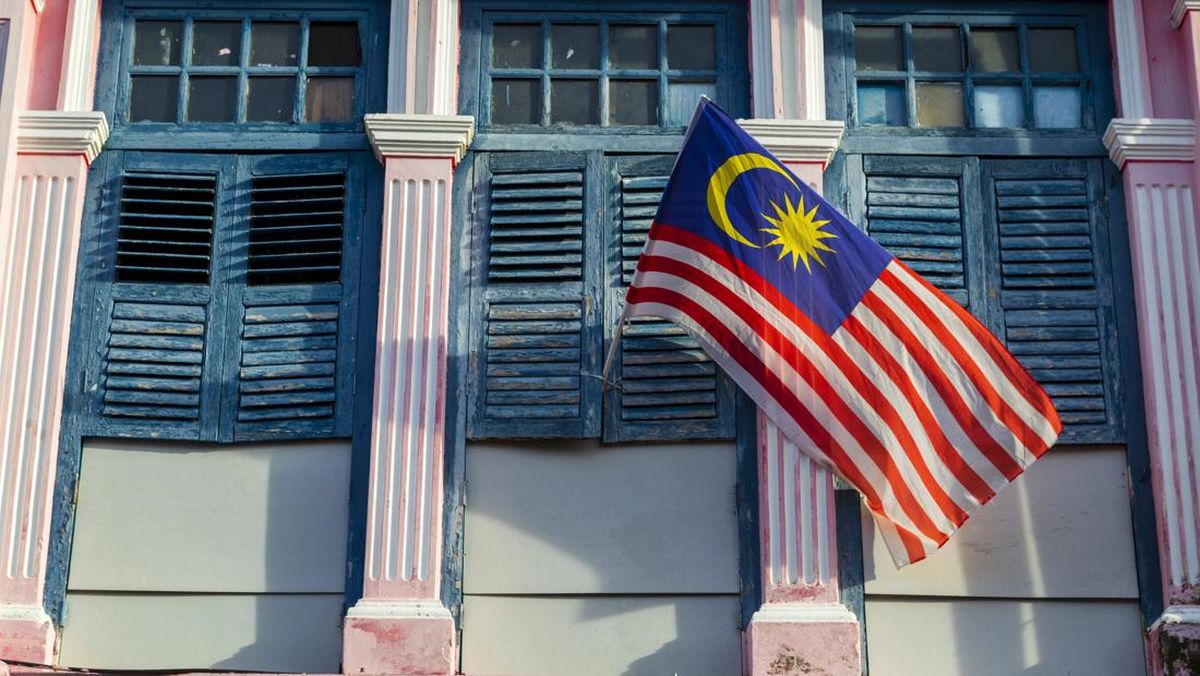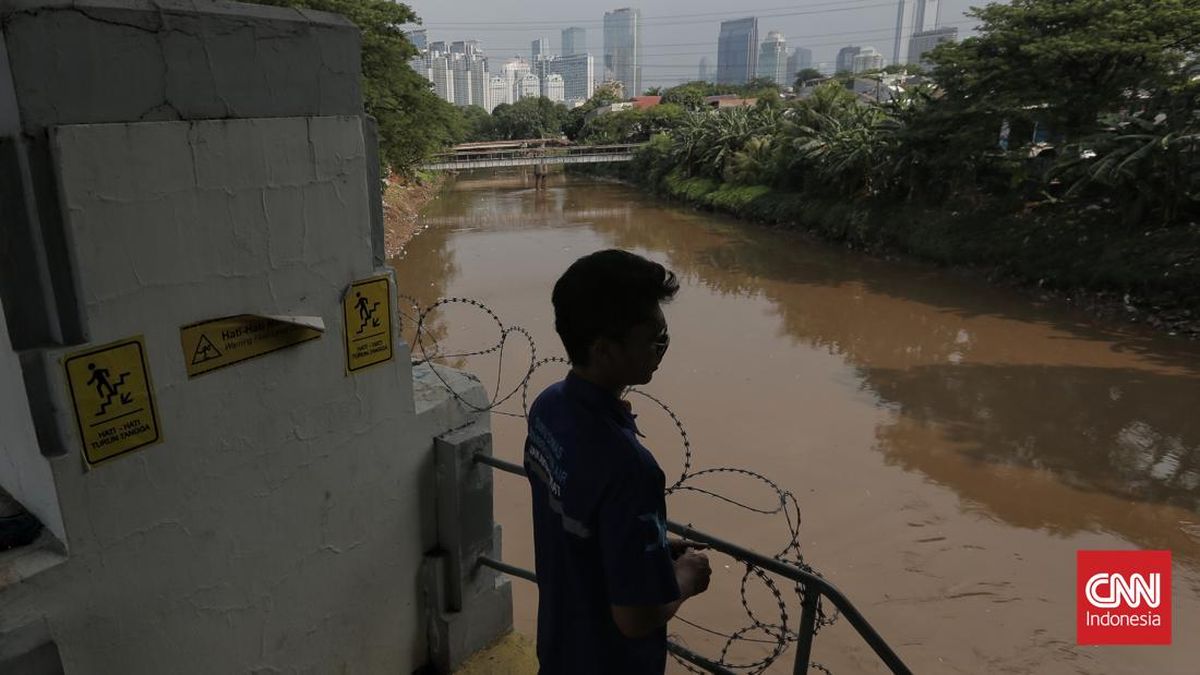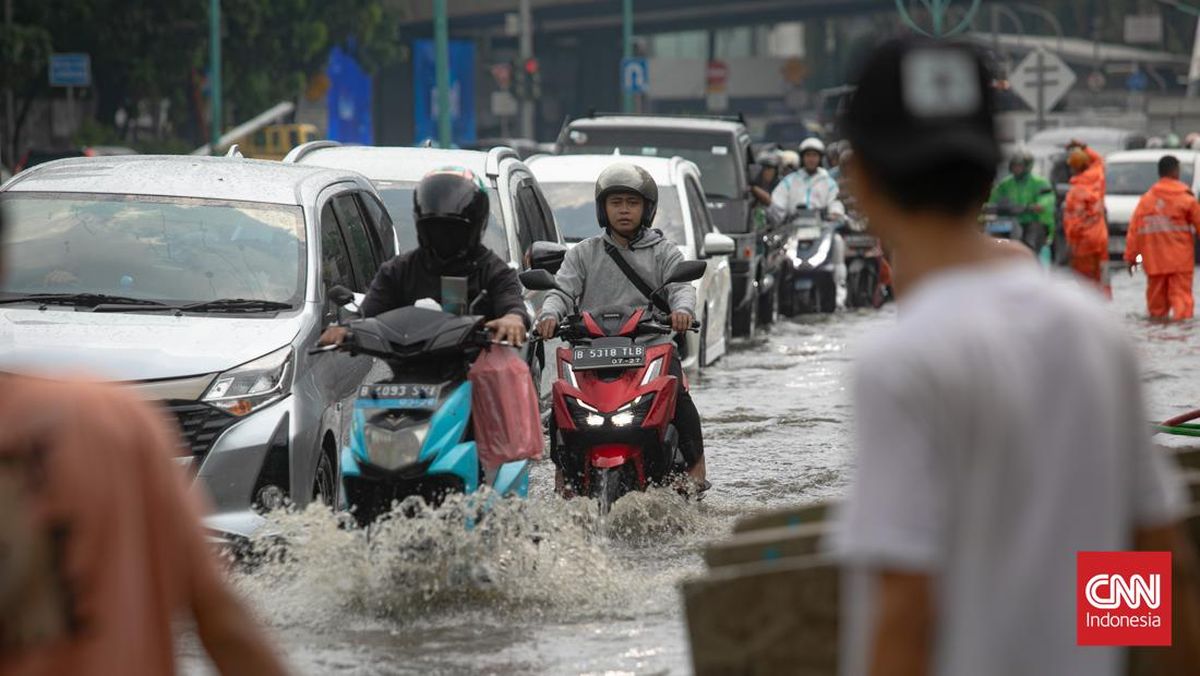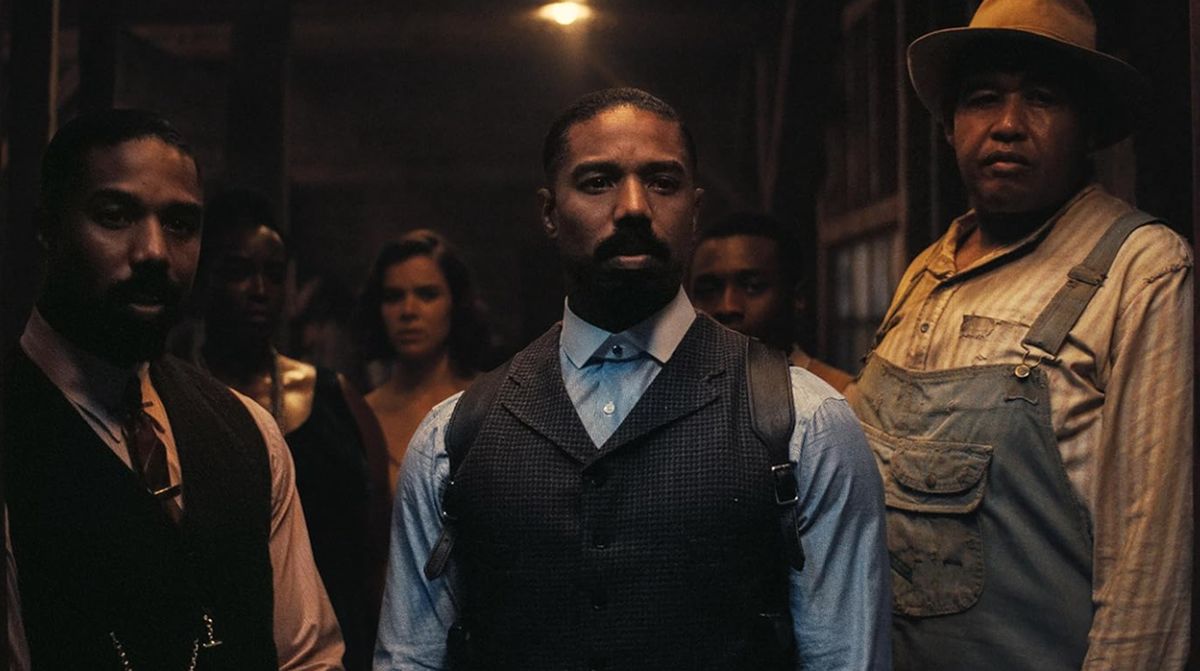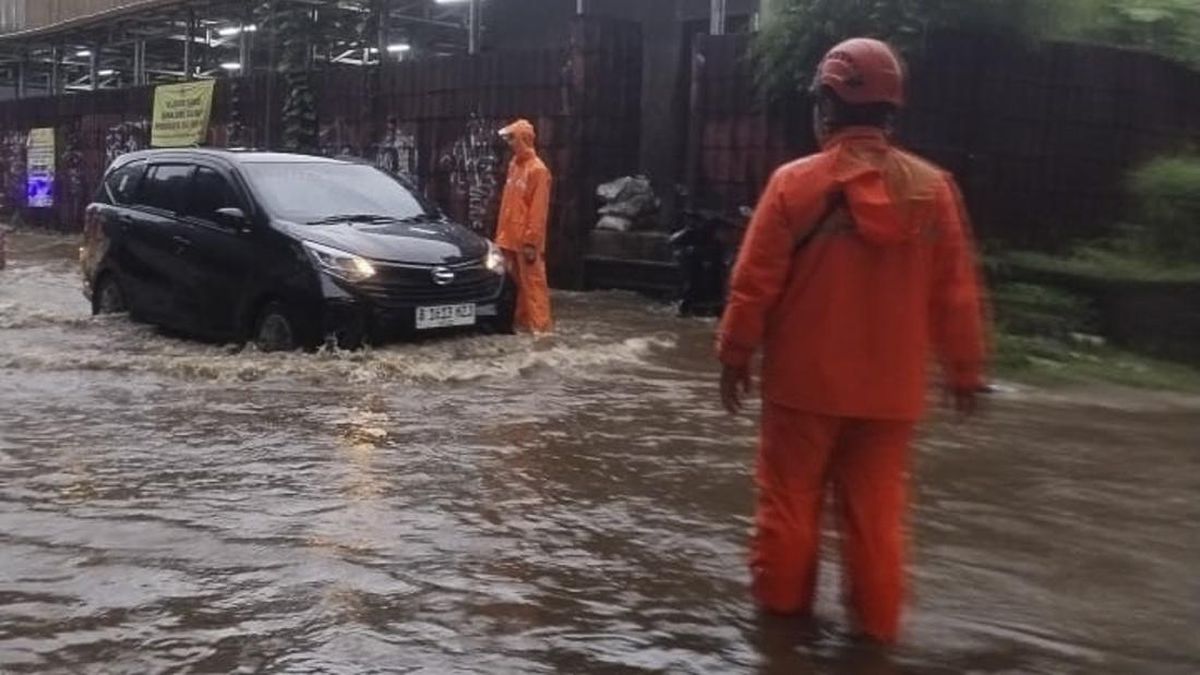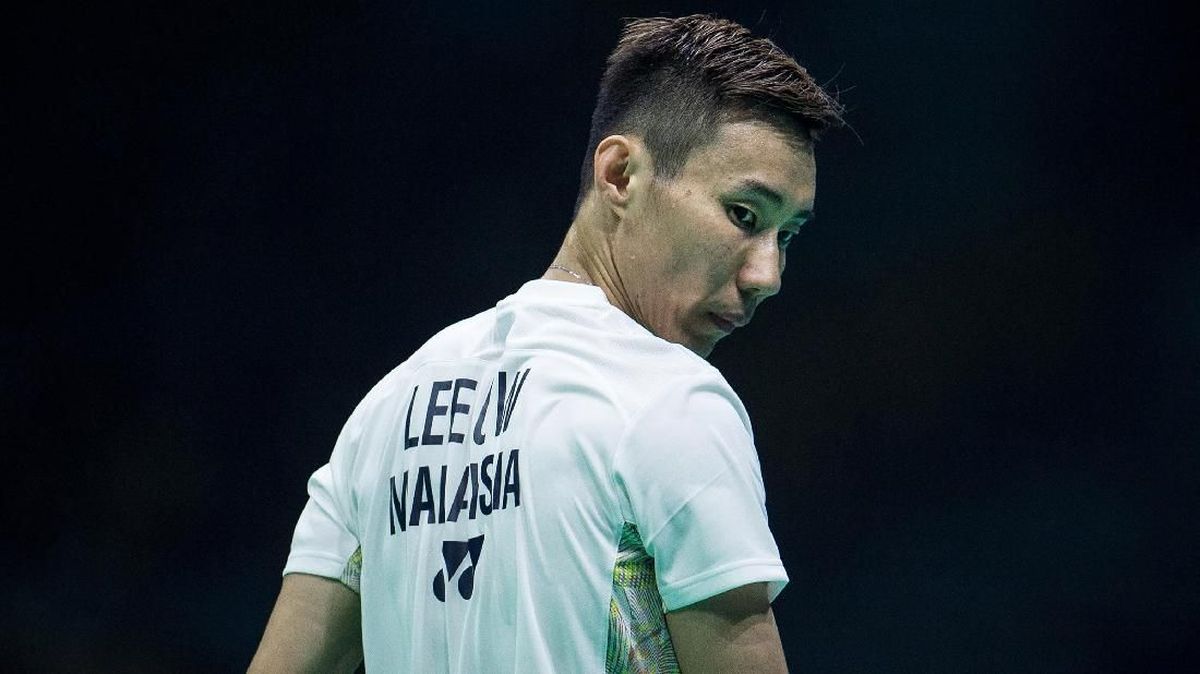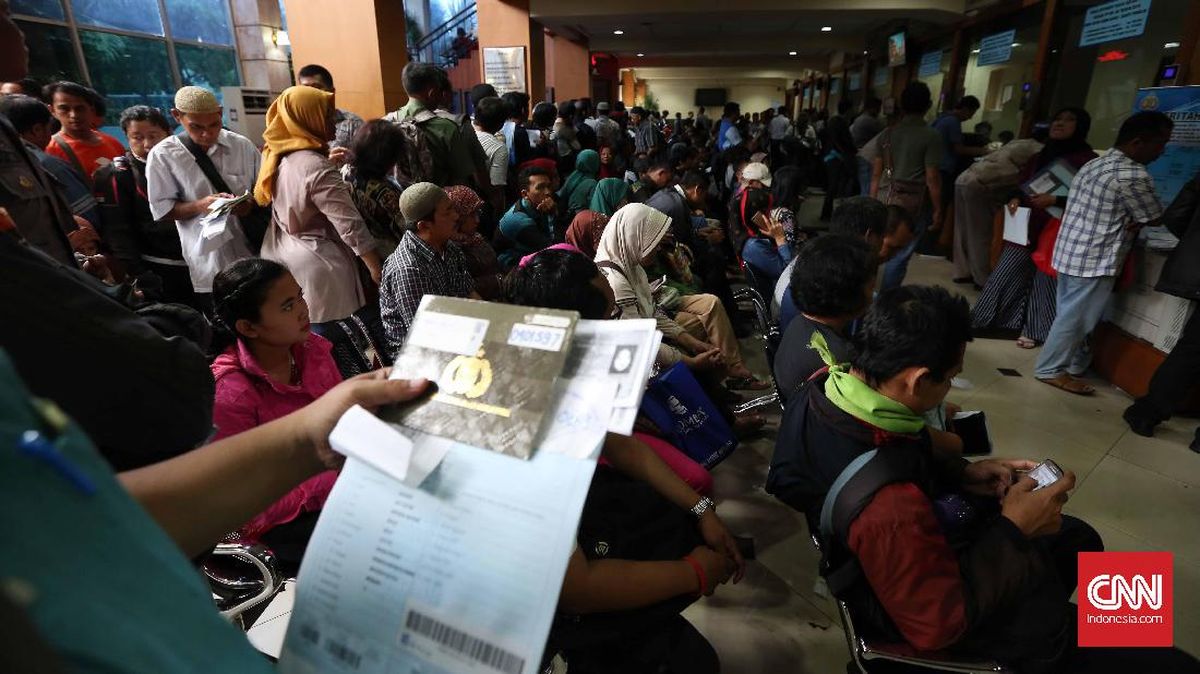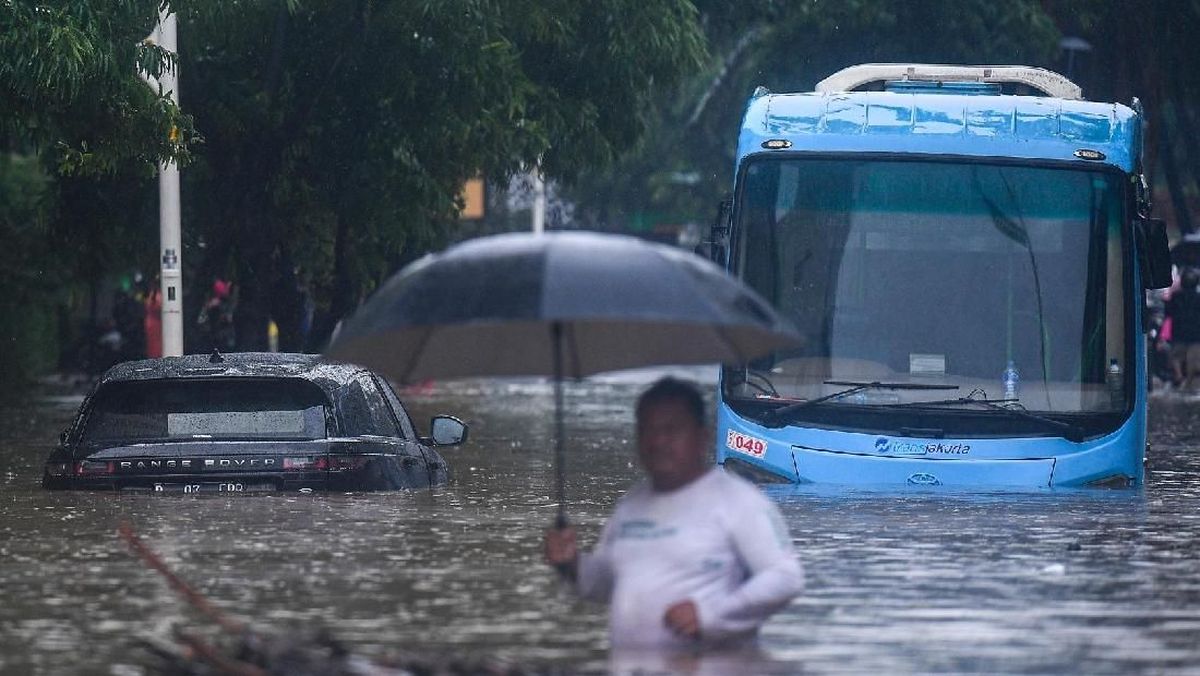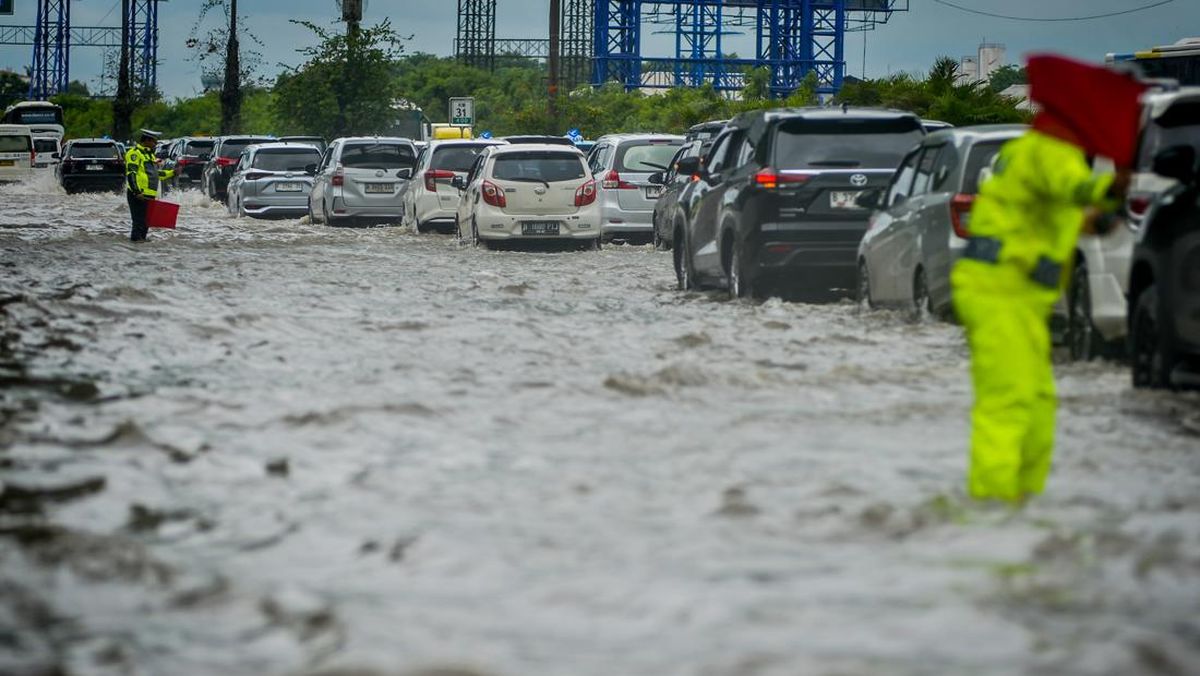At the end of a China trip punctuated by an agreement between Jacinta Allan and Beijing’s education minister to boost student exchanges, the Victorian premier concedes her government has work to do at home to ensure universities deliver their end of the bargain.
Revealing further details of her meeting with Huai Jinpeng in Beijing, Allan says the pair spoke about international education being “the truest form of securing the future” between two countries co-dependent in trade but geostrategically at odds.
“When you have got kids learning language and culture, through education opportunities, they are building trust, they are building collegiality, they are building friendship that are going to provide a more secure world into the future because they understand one another,” Allan told The Age shortly before flying back to Melbourne.

Victorian Premier Jacinta Allan meets Chinese and Australian students at the Langya Road Primary School in Nanjing.
“Too much of what we have seen written and commented about China is driven by conservative politicians who are telling people every day that China is bad for people. I say jobs and relationships are good for people. That is what our future relationship with China looks like.”
Allan also agrees that, for international education to positively reshape the Australia-Chinese relationship, it requires more than mass numbers of young Chinese coming here to study every year. Her implicit message is that Victorian universities and TAFEs need to deliver the quality of educational experience they are selling to foreign students.
The Victorian branch of the National Tertiary Education Union has secured the support of some Labor MPs, including state Education Minister and Deputy Premier Ben Carroll, for law changes it says are needed to force structural change to university councils and improve how courses are delivered for domestic and foreign students.

Former boy band member and RMIT student Wu Chun with Premier Jacinta Allan at the Shanghai launch of a new tourism campaign for Victoria.
Allan has not been briefed on the proposed legislative reforms but says the push to include more student and staff voices on the governing councils of universities is consistent with her view about how good decisions are made across all policy areas.
“I have said repeatedly that you get the best outcome when you listen to people, listen and hear their experience, and recognise that you have the opportunity and responsibility to act,” she says. “When it comes to education, it is important to have a student voice, it is important to have a staff voice in there, to continue to provide a top-quality education.
“Young people can go anywhere in the world to study. If you want to attract the best and brightest to your university, you have got to provide them with a quality education and a quality experience.”
She adds: “I think there is a role for government but particularly, too, for all education institutions to ensure they are continuing to support their students.”
Loading
A long-term, national campaign by the NTEU to reform university governance has gained momentum as a Senate inquiry examines the shortcomings of current appointment practices which, amid a necessity to generate greater revenue, have skewed towards people with political connections and business backgrounds.
The issue is also on the agenda for next month’s meeting of state and federal education ministers.
In Victoria, the case for change is being led by Melbourne Law School professor Joo-Cheong Tham, an NTEU state assistant secretary who first came to Melbourne as a Malaysian exchange student 33 years ago.
“The time is overdue for a reset,” he says. “The social licence of universities is at its lowest ebb during the time of my career. They can’t effectively advocate for international students when they are perceived, rightly or wrongly, of being gold diggers.
“What I have seen in my experience is there is often short-term thinking when it comes to international students. My strong sense is that universities are not thinking sufficiently about how to configure their courses and classes so that the balance between domestic and international students provides a good education for everyone.”
Joo-Cheong says that when classes are stacked with international students of the same nationality, it makes for a poor environment for them, domestic students and staff trying to teach the class.
Carroll confirmed he was backing the NTEU’s call for university governance reform, which would require changes to state-based legislation that underpins Victoria’s public universities.
“International students give far more than they receive, and the Victorian government has a role to play in setting the standards for their experience,” he says. “Whether international students are here for a short course or a full university degree, our message must be clear – we will treat them as if they are our own children.”
The low point of Australia’s treatment of international students came in April 2020 when then-prime minister Scott Morrison, in the early stage of the nation’s response to the COVID crisis, told foreign students unable to financially support themselves through lockdown to go home.

Victorian Premier Jacinta Allan’s meeting with China’s Minister for Education Huai Jinpeng was the most significant of her trip.
Allan says while that decision “hurt us a lot”, Huai in their meeting expressed gratitude for the support given to Chinese students in Melbourne by the Victorian government – such as access to mental healthcare – during the state’s lengthy lockdowns.
Allan’s pin-up face for the benefits of international study is Wu Chung, a former boy band member and television actor chosen to be Victoria’s brand ambassador for its new, China-focused tourism campaign.
The Brunei-born Wu, who has 12.8 million followers on China’s Facebook equivalent Weibo, studied at RMIT for six years. He speaks passionately about his time in Melbourne and now, at the age of 45, is planning to bring his young family here to live.

Former RMIT student Wu Chun is Jacinta Allan’s pin-up boy for the benefits of international education.
Not all international students have such a positive experience in Australia. A study prompted by a disturbing number of suicides among international students in Victoria and published last year by the Journal of Mental Health concluded not enough was being done to address the loneliness and isolation, anxiety and psychological distress reported by young people studying abroad.
It advocated better support to mitigate mental health risks and more strategies for more social integration between domestic and international students.
Allan says that one way forward is closer collaboration between Victorian and Chinese universities. During her trip, she witnessed the signing of an agreement between RMIT and the Shanghai University of International Business and Economics to establish a joint institute.
“There will be an RMIT in Shanghai and SUIBE in Swanston Street,” Allan says. “They are getting the benefit of education from both of these two leading institutions, but they are also mindful of the experience students are having as well.”
Another is Allan’s desire for Australia’s education exchange with China to be a genuine, two-way street, so that more young Victorians experience university life in China.
“Chinese mums and dads are already trusting us with the care of their kids when they come to study here, and they want more of their kids to do so,” she says. “I want more international students to come and study in Melbourne and Victoria, but I also want more Victorian kids to come and have the opportunity to experience international education here in China.
“My take-out for the week is you cannot have trade without trust, and trust is about people relationships.”
Start the day with a summary of the day’s most important and interesting stories, analysis and insights. Sign up for our Morning Edition newsletter.
Most Viewed in Politics
Loading

